Product Overview
Enclex 40 Injection is an anticoagulant used to prevent and manage harmful blood clots. It helps stop existing clots from enlarging and prevents new clots from forming. This medicine is commonly used to reduce the risk of conditions such as deep vein thrombosis (DVT) and pulmonary embolism.
The injection is administered under the skin by a healthcare professional and should not be given into a muscle. Dosage and duration depend on your medical condition, response to treatment, age, and weight. Consistent use is important, even if you do not experience symptoms, to prevent potential complications. While taking this medication, avoid activities that could increase the risk of bleeding or injury.
Uses
Prevention and treatment of blood clots
Deep vein thrombosis (DVT)
Pulmonary embolism
Acute coronary syndrome
Benefits
Enclex 40 Injection works by blocking specific proteins involved in blood clotting, helping blood flow smoothly throughout the body. While it does not dissolve existing clots, it prevents them from growing, allowing the body to gradually break them down. This reduces the risk of complications in the lungs, brain, heart, or other blood vessels. The medicine is also used to prevent clot formation after surgeries such as hip or knee replacement.
Side Effects
Most side effects are mild and may resolve as the body adjusts. Contact your doctor if they persist or worsen.
Common side effects include:
Low blood platelets
Anemia (reduced red blood cells)
Bleeding
Headache
Increased liver enzymes
Fever
Pain at injection site
Breathing difficulties
Swelling (edema)
Diarrhea
Severe headaches or abdominal pain may indicate internal bleeding and require immediate medical attention.
How to Use
This medication must be administered by a doctor or nurse. Self-administration is not recommended.
How It Works
Enclex 40 Injection is an anticoagulant that works by inactivating certain blood clotting proteins. This prevents new clots from forming and reduces the risk of blockages in blood vessels.
Precautions
Alcohol: Consult your doctor before consuming alcohol.
Pregnancy: Generally considered safe if prescribed; limited human data available.
Breastfeeding: Likely safe; minimal amounts pass into breast milk and are not expected to harm the baby.
Driving: Usually does not affect the ability to drive.
Kidney: Use with caution in patients with kidney problems; dose adjustment may be necessary.
Liver: Limited data; consult your doctor before use in patients with liver conditions.
Vendor Information
- Address:
- No ratings found yet!
-11%






















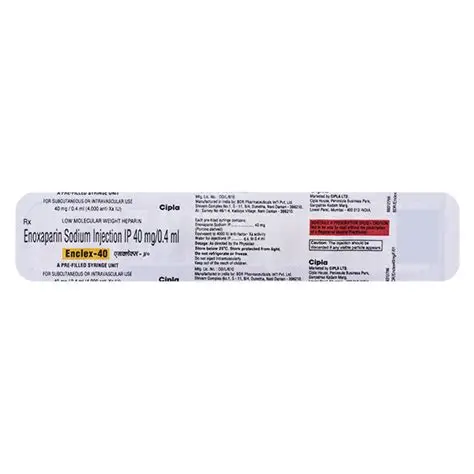

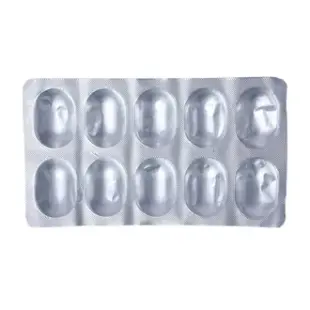
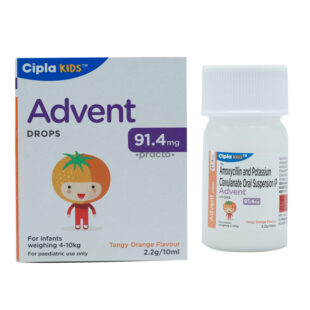
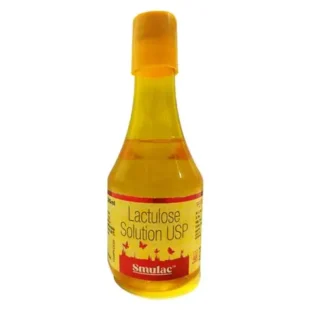


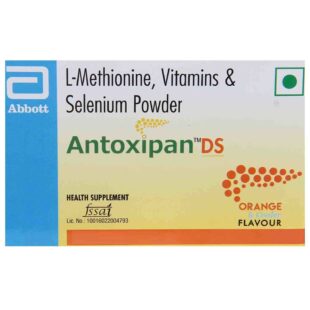
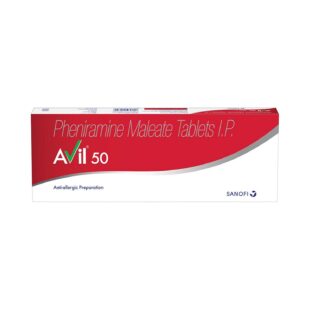

Reviews
There are no reviews yet.